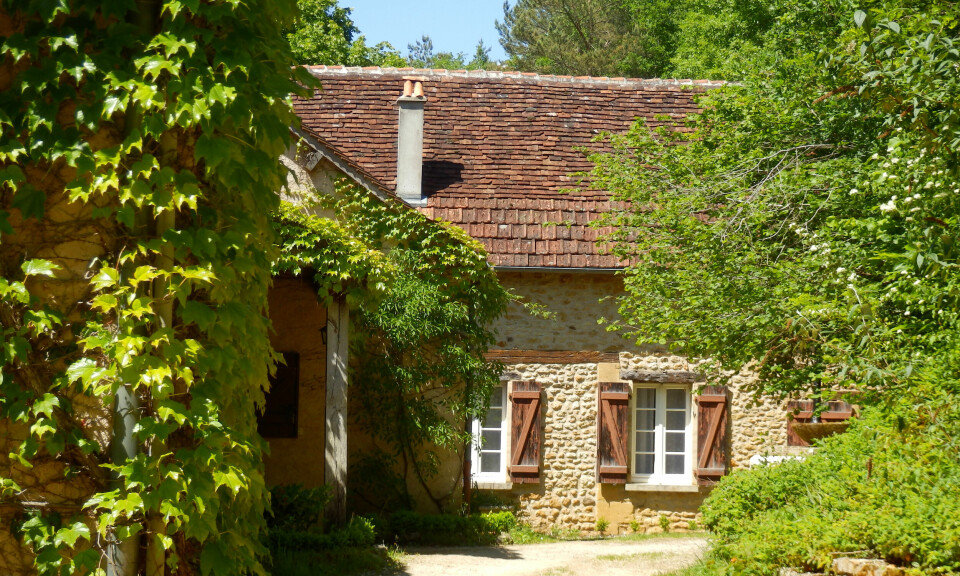-
Most-stolen dog breeds in France – and how to protect your pet
Thieves target dogs seen as cute, high-status, or with the potential to be aggressive
-
Spring walks: beware of these French plants that are toxic for dogs - and watch out for animal threats
Cases of poisoning from plants and caterpillars are common during spring
-
Rules change for dog walking in France from April
Here is how to ensure you and your dog remain within the rules and avoid fines
Dog barks all day and night
We have a neighbour who lets his dog bark all night and most of the day. He has been written to by the mayor, myself and a conciliation officer. I confronted him after he had been away all weekend leaving the dog unattended but he suggested I go back to the UK.

I have contacted an avocat and paid him to prepare a letter which to date I have not sent since it would appear that I have little chance of success.
Once the case starts the potential costs would not be in our control. The avocat said there was little chance without visual and audio documentation. If the other neighbours supported me it would be better but he would need them to become clients which they can not afford to do.
I also want to find an English-speaking avocat for a second opinion. This is all affecting my health. T.P.
The Code de la santé publique says (R1334-31): “No particular noise must, by its duration, repetition or intensity, harm the peace of the neighbourhood or people’s health, in a public or private place, whether a person themselves is making the noise or whether it is caused by another person, thing or animal under their responsibility”.
If one of the three main factors is present the problem may be considered a trouble de voisinage. The noise must be ‘abnormal’, and the fact of it taking place during the night is often found to be an aggravating factor.
Anyone is entitled to take legal action over this, and in a copropriété of flats, the syndic can also do so (generally speaking it is always worth speaking to them about a noise problem).
Possible outcomes could include fines, injunctions (an order that the nuisance must stop), or confiscation of the dog.
The best way to provide ‘proof’ would be to pay to have a huissier de justice (bailiff) visit to note the problem formally, however one huissier from Ile-de-France said this can cost around €200+vat, depending on how long the visit takes.
Another effective measure is each time there is a severe episode, call in at the police station (police nationale) or gendarmerie to lodge a statement about the incident, known as a main courante. They will note it in their records and you can ask for a copy (if they think the incident amounts to breaking the law they may also decide to investigate and have powers to give on-the-spot fines). If enough accumulate, your lawyer should have no trouble convincing the court to issue an injunction, said hon avocat Gerard Barron from Boulogne-sur-Mer.
To look for an English-speaking avocat search ‘English’ as the language option at avocat.fr (choose one specialising in droit pénal). Click Consulter un avocat and Annuaire des avocats. You could also ask the local ordre des avocats (bar).
Mr Barron said it is advisable to check your household insurance to see if you are covered for défense/recours; depending on the terms of the policy it may help with your fees. “Considering the severity of the behaviour you are likely to recover expenses such as the huissier’s fee and a contribution towards avocat’s fees, though you will have to pay upfront (unless your insurer helps). The more neighbours involved the better and the avocat can spread his or her fees across the number of clients involved.”
























